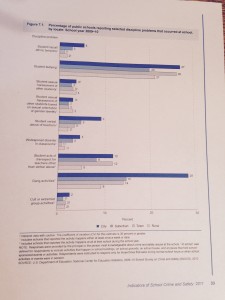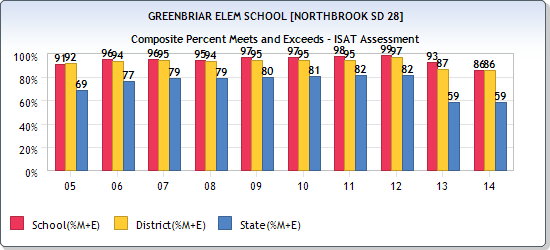http://www.webpronews.com/raven-symone-sympathizes-with-spring-valley-high-school-assault-officer-2015-10/
Raven-Symone is causing controversy for The View once again, as she appeared to sympathize with the officer in the Spring Valley High School assault. South Carolina Deputy Ben Fields has since been fired from his job for the way he removed a student–who wouldn’t get off her cell phone–from a classroom at the school. Footage of Fields’ removal of said student shows him flipping her desk over and dragging her across the floor. It has since gone viral. “The girl was told multiple times to get off her phone,” Raven-Symone said during the show’s roundtable discussion, adding, “There was no reason for him to be doing this type of harm. It’s ridiculous, but at the same time you’ve got to follow the rules in school.”
Apparently, Twitter fans and others are landing on Raven-Symone hard again. The girl’s getting slammed on social media. Her last recent dust-up involved African-American names.
“I’m not about to hire you if your name is Watermelondrea. It’s just not going to happen. I’m not going to hire you,” she said.
She apologized after her father chided her and I did appreciate the irony of a girl named Raven-Symone coming out against unusual names.
But I’d also like to support this girl. She knows the politically correct thing to say. I’m sure of it. She just… isn’t. She isn’t saying what she knows she is supposed to say. Instead she is saying what she thinks.
I understand why she backed off on Watermelondrea. No one should be discriminated against because of a name. But, unfortunately, a dialog stopped there that ought to be part of the American conversation. While no one’s chances of getting hired should be affected by their name, the fact is that the name on a resume matters.
Research shows that Andrew has a much greater chance of getting an interview than D’Africanus. Frequently, people interpreting that research point to racism as a possible cause. I am sure that racism forms part of the picture. Other times, though, I’d bet that some person trying to make a team looks at that unique name and thinks that D’Africanus may be less of a team-player than Daniel. Prejudice can be overt or latent.
Prejudice or not, a resume’s objective is to get a person in the door. Will the average corporation even interview an applicant named Furious? I’d say that Furious will need more and better credentials than the average bear just to get a chance to talk to somebody. He’s starting at a disadvantage — whether that ought to be true or not.
The thing Raven-Symone might have discussed which ought to be on the table is this: How can we best set our kids up for success? The research says mainstream names help. That research should be a consideration when picking out baby names, I’d say. If Raven-Simone might toss a resume in the round file because of a name, how many other people will do this?
As far as the girl and her cell phone, yes, that guy used far too much force, completely over-the-top for a cell phone, that’s for sure. But Raven-Symone had a point. The girl in that video had ignored multiple polite requests to do the right thing. While doing so, she stole a great deal of time from classmates.
Let’s say her drama took 8 minutes, including off-camera phone requests that made regular distractions. If she has 25 classmates, that’s 200 minutes of learning time lost, or about 3 1/3 hours. Similar phone events are taking place in classrooms all over America and the time loss from that refusal to cooperate is sucking away days of learning time — and proportionally more days of learning time in urban, academically-disadvantaged areas, the areas that need that learning time the most. Government statistics bear that out. (Click on the picture to get the big view. My mom did not know that.)  Readers, if you comment on social media, I’d like to suggest you give Raven-Symone some positive feedback for expressing honest opinions. The force of social media scares many people now, people who doublespeak and/or refrain from speaking for fear of causing offense. I, for one, would like to stand up for an honest girl. Please pass this post on if you agree.
Readers, if you comment on social media, I’d like to suggest you give Raven-Symone some positive feedback for expressing honest opinions. The force of social media scares many people now, people who doublespeak and/or refrain from speaking for fear of causing offense. I, for one, would like to stand up for an honest girl. Please pass this post on if you agree.
P.S. The text of my own social media comment: I love Raven-Symone. She says what she thinks. While the officer definitely went too far, more consideration should be given to the learning time this girl was taking away from all of her classmates. If her drama takes 8 minutes and there are 25 kids in class, that totals 200 minutes or 3 1/3 hours of learning lost. What gives phone-girl the right to do that to all of those other students and that teacher?





